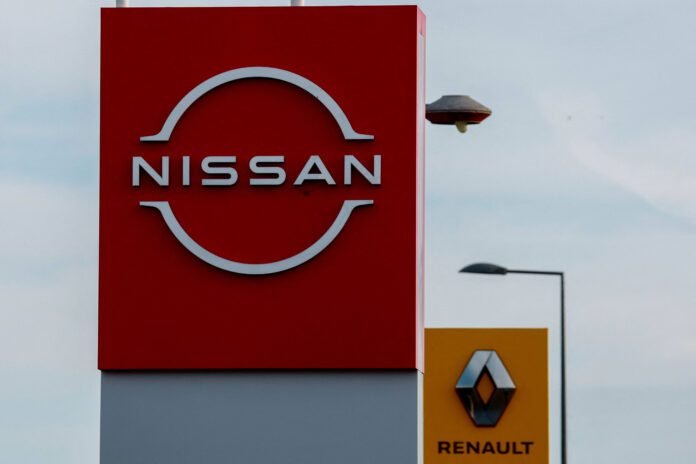According to insiders, Renault-Nissan has abandoned plans to produce an entry-level A-segment EV for our market. The CMF-B EV platform, which is being modified from the original CMF-B architecture to accommodate an EV powertrain, will serve as the foundation for the alliance’s upcoming project, an electric SUV the size of a Creta. It should be mentioned that the extensively localized CMF-B platform will serve as the foundation for both the Nissan version and the future combustion-engine Renault Duster SUV.
The Renault-Nissan C-segment EV may start at around Rs 15 lakh
In order to compete with vehicles such as Maruti Suzuki’s eVX and the Hyundai Creta EV, the business is reportedly considering a C-segment EV that is longer than four meters. According to sources, the entry-level EV that was suggested as part of its next steps for the Indian market last year was not feasible. Additionally, sources inform us that in order to guarantee an incredibly affordable pricing point, the Renault-Nissan partnership has already begun interacting with domestic cell and battery makers.

The internal goal pricing for its EVs is between Rs. 15 lakh and Rs. 20 lakh. Therefore, the Renault Nissan Technology Business Centre India, the company’s R&D center, places a strong focus on localization and development. The car might go for 300 kilometers between charges and is most likely powered by an LFP battery.
The CMF-B platform, which is currently the architecture shortlisted for the next midsize SUVs from both the Nissan and Renault brands, may be used by the alliance partners for their electric vehicles. Although there has been a slight delay in the project, work on the CMF-B EV platform is reportedly underway globally and is expected to be completed in time for a 2026–2027 market debut.
The global release of the Renault-Nissan C-segment EV is planned
To create a sustainable business case, the next EVs should have a minimum localization of 70% and a major export plan for the same. Although there are still relatively few electric vehicles in India, one of the four people with knowledge of the situation stated that strategically, a battery-electric vehicle is required to guarantee that the alliance partners’ future CAFÉ scores are met, failing which they may have to pay large fines. A representative for Renault and Nissan Motor India, however, declined to comment on conjecture when contacted for comment.


